Public puzzled over concession to Libya
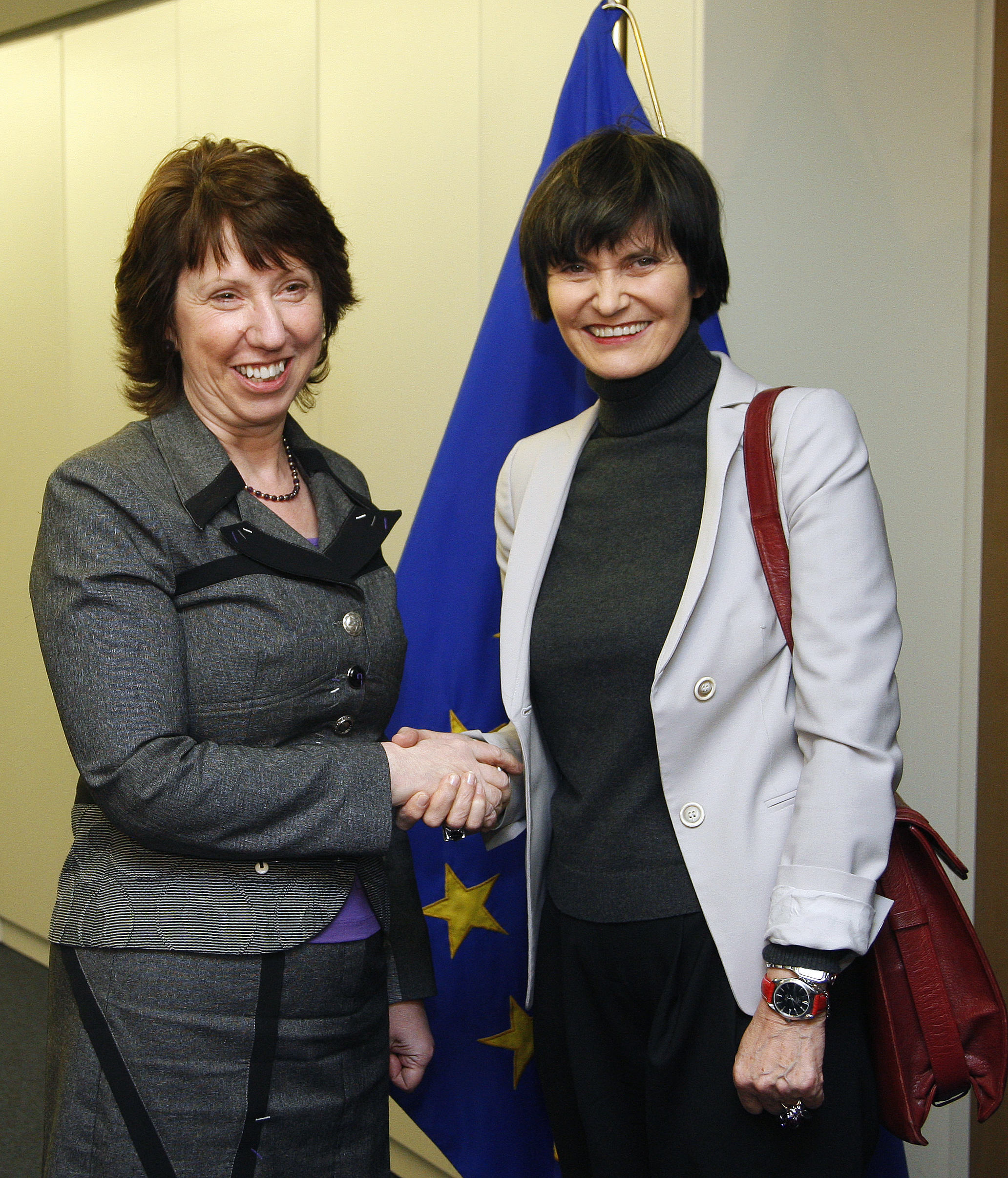
Politicians and the press are sceptical over the Swiss government’s willingness to lift Europe-wide visa restrictions for top-level Libyans.
The move is the latest in an ongoing dispute with the regime of Moammar Gaddafi over a Swiss businessman imprisoned in Tripoli and the temporary arrest of a son of the Libyan leader in Geneva in 2008.
Christa Markwalder, speaker of the foreign affairs committee of the House of Representatives, said she could not make sense of the step agreed by the Swiss government and the European Union on Wednesday.
“It is a political signal which is difficult to understand given that Switzerland obviously did not get anything back in return,” she told public radio.
She said the move was made hoping that the businessman Max Göldi, serving a four-month jail term for visa violations, would be released and that the EU – notably Spain and Germany – will continue their mediation efforts.
Parliamentarian Mario Fehr said it was a risky step by the government.
“If Göldi comes free in the foreseeable future I welcome the move, but otherwise I would see it as a regrettable collective gesture of boot licking,” he said.
Others, including Luc Barthassat, did not hide their outrage. “Switzerland is stooping very low before Europe.”
Trump card
A commentator of the French-language public television suggests that the Swiss government has given away its best card in the game of poker.
“Let’s not fool ourselves, there are no secret deals which would allow Switzerland to obtain something from Libya in return.”
Late last year Switzerland, a member of the European single-border area, imposed a travel ban on top-level Libyan citizens, affecting up to 180 people, including members of the Gaddafi family.
But over the past few weeks Italy and Malta have put pressure on Switzerland to lift the restrictions.
Press
The Tribune de Genève newspaper concludes that the EU caved in shamefully.
“The EU has given in. Switzerland joined in. Max Göldi is wasting away in prison. And the Libyan desert is resounding with the loud laughter of the colonel who can pop the champagne cork.”
The editorialist of the Bern-based Bund and the Zurich-based Tages-Anzeiger newspapers admits he is baffled.
“It takes your breath away. Switzerland under pressure from the EU had no choice but to play its best card in a war of nerves.”
He adds that Brussels bears a big responsibility.
“This conflict is more than a row over the fate of a Swiss hostage.”
Lesser evil
The Fribourg daily, La Liberté, highlights a positive aspect in the long and painful story.
“The government has chosen the lesser of two evils. It valued the support of Europe higher than holding on to an instrument of pressure which could be turned against itself.”
It added that the visa blacklist served its purpose because it involved the EU in the Libyan- Swiss controversy.
But the editorialist is not very optimistic about the chances of Libya making a goodwill gesture in return.
“Tripoli appears to be more interested in playing cat-and-mouse than normalising relations with Switzerland.”
Urs Geiser, swissinfo.ch
July 15, 2008: Hannibal Gaddafi and his wife are arrested in Geneva and charged with abusing their staff. They are released on bail and leave Switzerland. The servants are later compensated and charges withdrawn.
July 19: Swiss nationals Max Göldi and Rachid Hamdani are arrested in Tripoli. In the following days, Swiss businesses are forced to shut and the number of flights to Tripoli is cut.
August 20, 2009: The Swiss president apologises in Tripoli for the arrest.
September: Göldi and Hamdani cannot leave the country despite a promise they would be freed by September 1.They disappear after undergoing a medical check-up in Tripoli. They are returned to embassy on November 9.
November: Swiss cabinet says it will pursue visa restrictions for Libyans.
December 1: Göldi and Hamdani sentenced to 16 months in prison and fined. In January 2010 this is cut to 4 months for Göldi, and Hamdani found not guilty.
January – February 2010: Hamdani cleared of second charge of conducting business illegally. Göldi given modest fine.
February 14: A Libyan newspaper reports Switzerland has drawn up a blacklist of 188 top Libyans.
February 15: Libya stops issuing visas to citizens of nations in the Schengen zone.
February 17-18: Swiss, Libyan, Italian, Spanish and Maltese foreign ministers try to hammer out a solution.
February 22: Göldi hands himself over to Libyan authorities to start four month prison term. Hamdani obtains an exit visa and leaves for Tunisia. He arrives in Switzerland on February 23.

In compliance with the JTI standards
More: SWI swissinfo.ch certified by the Journalism Trust Initiative

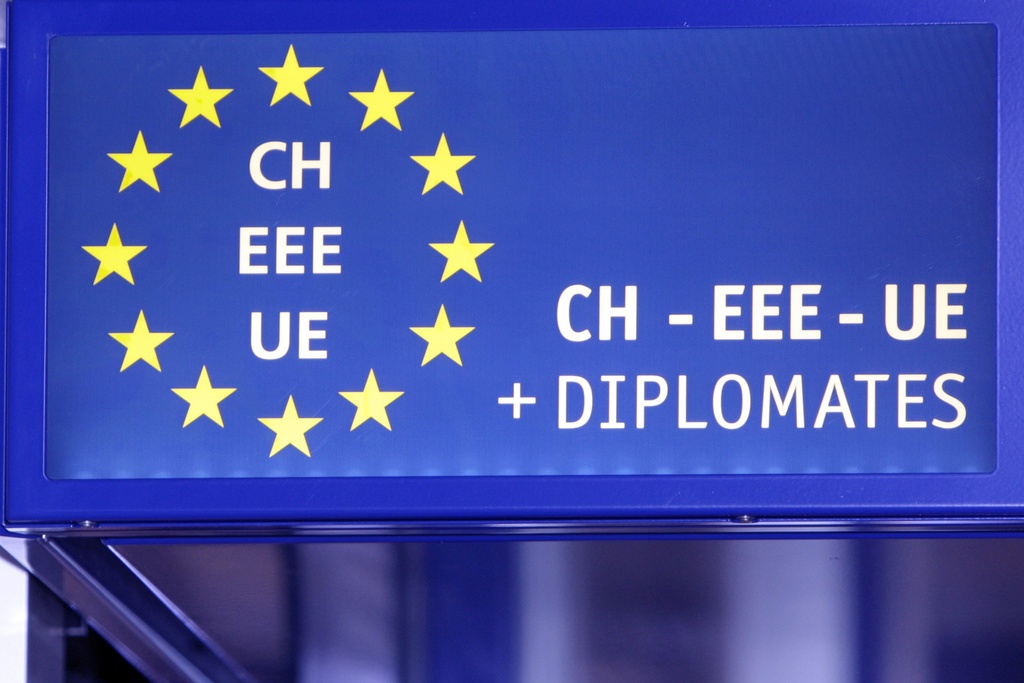
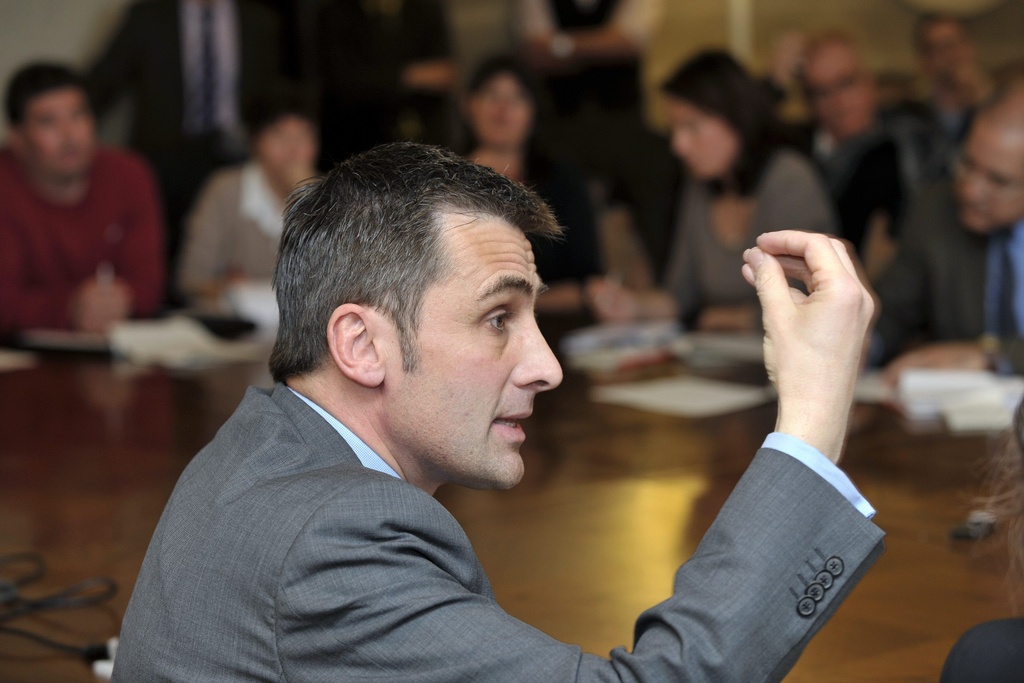
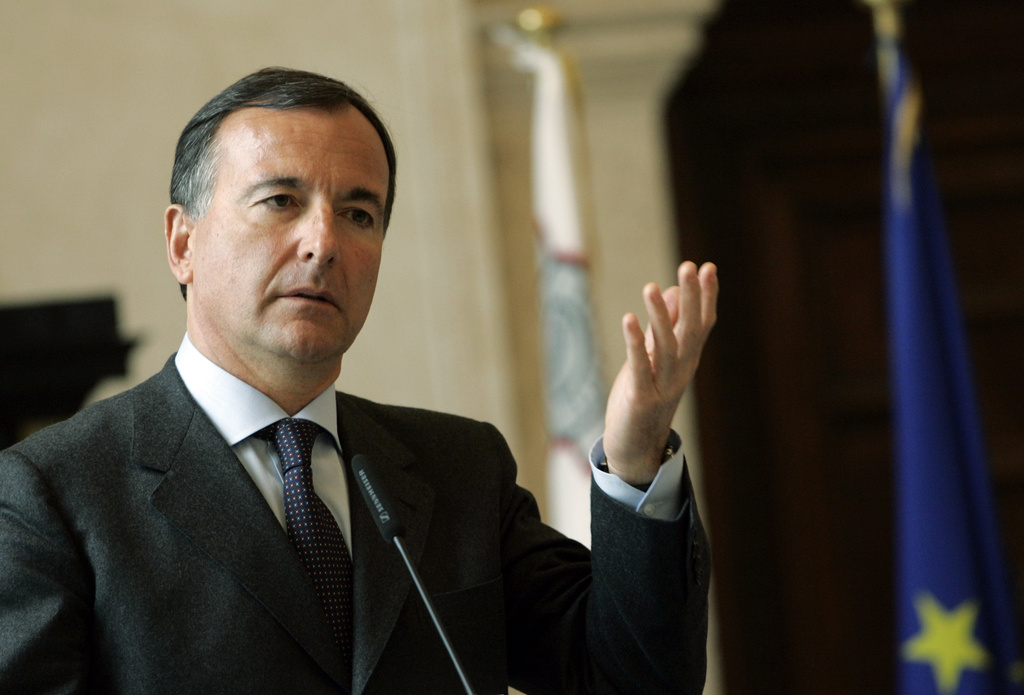
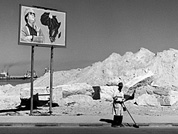
You can find an overview of ongoing debates with our journalists here . Please join us!
If you want to start a conversation about a topic raised in this article or want to report factual errors, email us at english@swissinfo.ch.